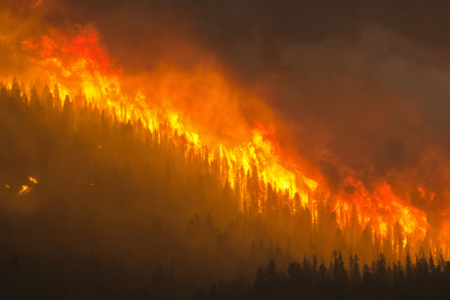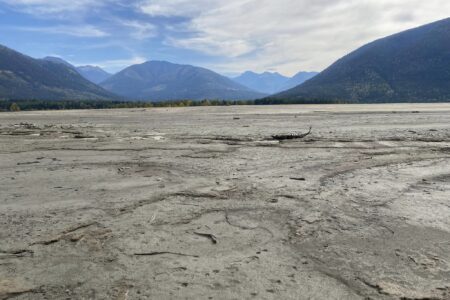Hundreds assemble on Parliament Hill Monday to say 'No to Tar Sands'
Hundreds of people from across North America have gathered this morning on Parliament Hill for a rally followed by a mass civil disobedience sit-in.
Participants are delivering a resounding message to Harper: “We want to build a green energy future that respects Indigenous rights and prioritizes the health of our environment and communities.”
Participants are responding to a call to action following two weeks of civil disobedience in the U.S. opposing the Keystone XL pipeline which would bring tar sands crude from Alberta to the Gulf of Mexico.
“It is morally justifiable to risk arrest if you see and witness a crime occurring or about to occur. We are saying the tar sands industry is unlawful. We need to stop it before the damage is done. It’s worth getting arrested to send that warning out to the rest of Canada,” said Louisette Lante, a housewife from Waterloo.
The action began at 10 a.m. with a solidarity rally in front of the Centennial Flame on Parliament Hill featuring a number of speeches from environmental and social justice organizations, union representatives and prominent individuals of Indigenous communities directly impacted by the tar sands.
Following the speeches, those willing to risk arrest will separate from the solidarity rally and, in slow waves of six people, walk toward the main doors of Parliament Hill for a sit-in in the foyer of Centre Block.
A broad spectrum of people at Parliament Hill support the action including grandparents, elected and grassroots Indigenous leaders directly impacted by tar sands operations and pipelines, students, workers, environmentalists and union representatives.
More than 20 environmental and Indigenous organizations along with over 20 high-profile individuals and a dozen Canadian celebrities have endorsed the call to action.
“The tar sands represent a path of broken treaties, eroded human rights, catastrophic climate change, poisoned air and water and the complete stripping of Canada’s morality in the international community, said Clayton Thomas-Muller of the Indigenous Environmental Network.
“Our communities should not be sacrificed on the alter of Canada’s addiction to dirty fossil fuel; we want a new economic paradigm that protects our relationship to the sacredness of Mother Earth.”
“I’ve spent more than a decade writing reports about the benefits of a green energy and asking politely for action on climate change, while tar sands companies worked the back rooms and pollution levels went up. I’m here today to send a message about the urgency of stopping the tar sands and building a green economy in a way that can’t be ignored,” adds Keith Stewart, Ph.D.


























Comments